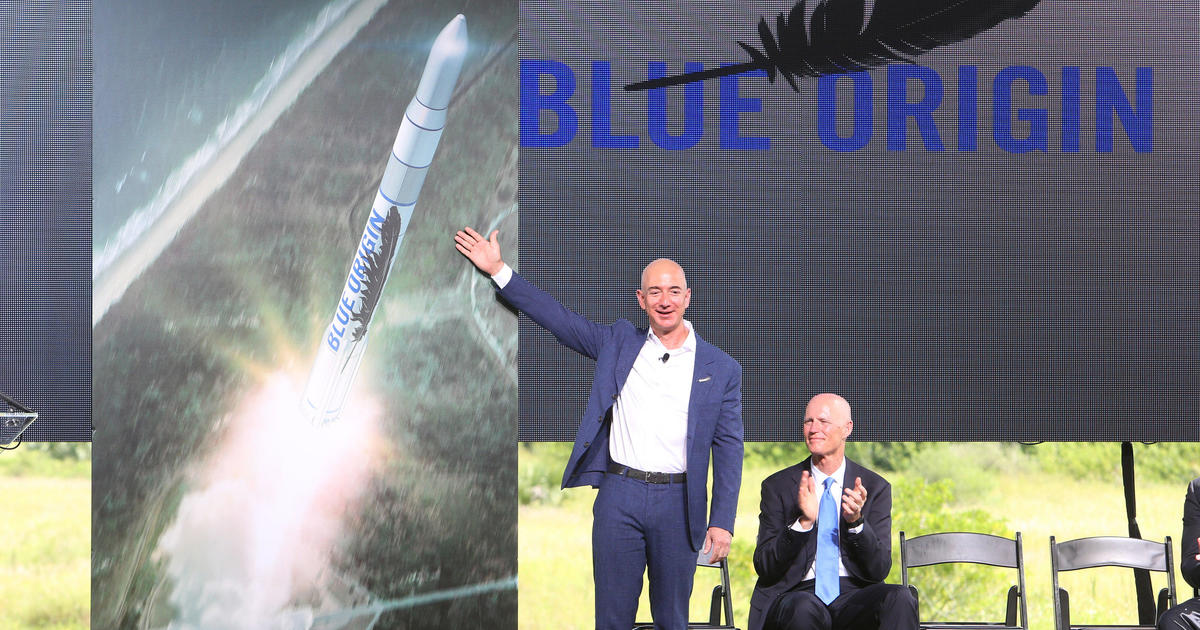SpaceX hits milestone in sustainable space travel
Another astronomical success in private space travel: Elon Musk's SpaceX docked its first manned mission with a reused rocket and crew module at the International Space Station 250 miles above Earth.
The Crew Dragon Endeavour launched from the Kennedy Space Center in Florida early Friday atop the Falcon 9 booster, safely carrying the four astronauts from three nations to the ISS on a 23-hour journey.
SpaceX has reused its craft and boosters before to carry cargo and satellites, but this mission took a giant leap forward with its recycling. Such reuse massively cuts costs, allowing for far more off-Earth travel.
SpaceX Travel Card Animation Makes Us Excited About Space | Fatherly

There was once a time where air travel seemed like a farfetched dream. While we're a long way (and a few, massive paychecks) from booking a flight to the moon as easily as we can head to Florida, it's fun to dream, and Reddit user armedialabs knows this.
Armedialabs shared an animated video of what they imagine space travel will look like in the future. Posting to r/SpaceXLounge on Reddit, the SpaceX Travel card shows what booking a SpaceX Starship ticket may look like in the future. The travel card is imagined to be as big as a credit card and easy to use with one hand.
Jeff Bezos is selling tickets to board a rocket ship into space - CBS News

Blue Origin, the aerospace company backed by Jeff Bezos, will begin selling tickets to board its New Shepard rocket ship into the cosmos.
The company hasn't revealed how much tickets will cost, but said more details will land May 5. The spacecraft itself, known as New Shepard, is a 60-foot suborbital rocket-capsule that travels at Mach 3 and is designed to fit six people inside. A video posted on Twitter on Thursday shows New Shepard landing safely back on Earth after a recent flight.
The Food Tech Show: The Future of Space Food

While today’s astronauts get to eat high quality cuisine made on on earth by some of the world’s best cooks, space travel in the future will require entirely new approaches that can grow enough food in space to produce sufficient calories and nutrients for astronaut crews on multiyear interplanetary missions.
Which is why there’s growing interest from the space agencies from the U.S., Canada, Japan and other countries to find new and novel food system concepts that can keep astronauts and eventually even permanent space inhabitants fed.
Breaking News - discovery+ Documents Backyard Engineers Pursuing Their Dreams of Space Flight in
Faster-than-light space travel using warp drive from 'Star Trek' is now theoretically possible

If humanity ever wants to travel easily between stars, people will need to go faster than light. But so far, faster-than-light travel is possible only in science fiction.
But how do these theoretical warp drives really work? And will humans be making the jump to warp speed anytime soon?
What if a starship could compress space in front of it while expanding spacetime behind it? "Star Trek" took this idea and named it the warp drive.
Astronauts prepare for Saturday splashdown after 6-month space station mission – Daily News

After more than 2,600 revolutions around the Earth in the International Space Station, it’s time for the four astronauts — including Pomona-native Victor Glover — to come home on Friday.
Their SpaceX Crew Dragon Resilience spacecraft is expected to depart the ISS Friday shortly before 3 p.m. PST to begin what will be about an 18-hour journey to re-enter the Earth’s atmosphere and splash down in the oceans near Cape Canaveral, Florida on parachutes around 8:30 a.m. Saturday.
Origami in Space Engineering: Rediscovering the Meaning of Discovery - The New York Times

This essay, by Hoonsun Lee, age 17, from Cornerstone Collegiate Academy of Seoul in Seoul, South Korea , is one of the top 11 winners of The Learning Network's second annual STEM Writing Contest , for which we received 3,741 entries. You can find the work of all of our student winners here .
Rocket science is a discipline so notoriously difficult that the phrase "It's not rocket science" is used to mark how easy something is. In space, scientists have to inhabit the uninhabitable with the bare essentials that a rocket can carry. So it can be hard to believe that a skill taught in kindergarten could be the next big discovery in the most difficult discipline in science.
A Century Before Elon Musk, There Was Fritz von Opel | Daily Planet | Air & Space

This may sound familiar: One of the world’s richest men—also a charismatic figure skilled at public relations—starts his own privately funded automobile and rocket business, with a goal to revolutionize both fields.
If Fritz von Opel seems like a clone of Elon Musk, there are differences. He worked in the 1920s, not the 2020s. Von Opel inherited his fortune rather than making it himself. Although he has a significant place in the history of rocketry, he was more financier than engineer. And finally, while Musk might actually succeed in transforming space travel, for von Opel it was more of a side interest.

Comments
Post a Comment